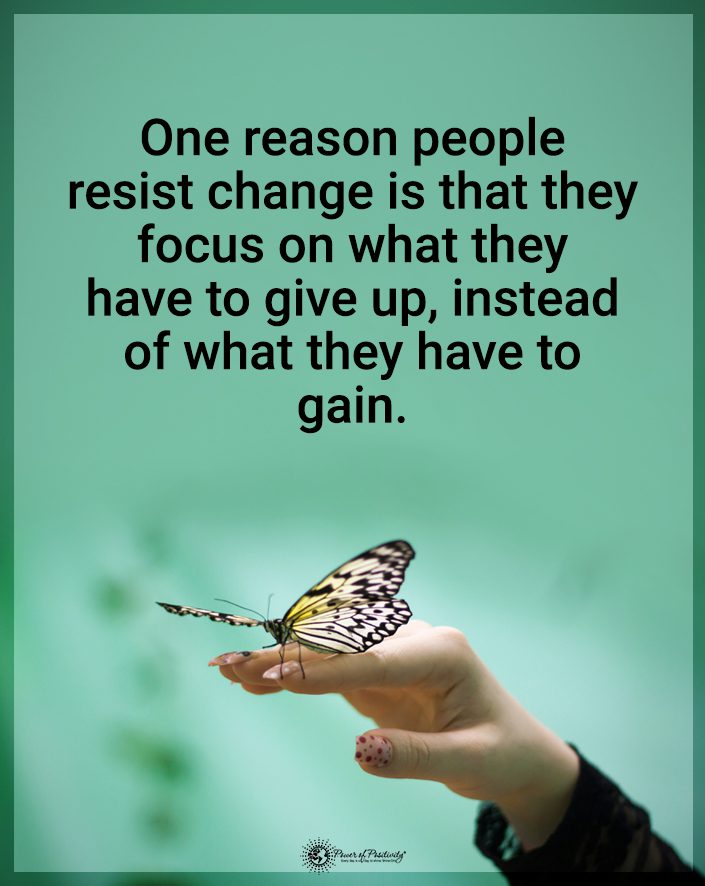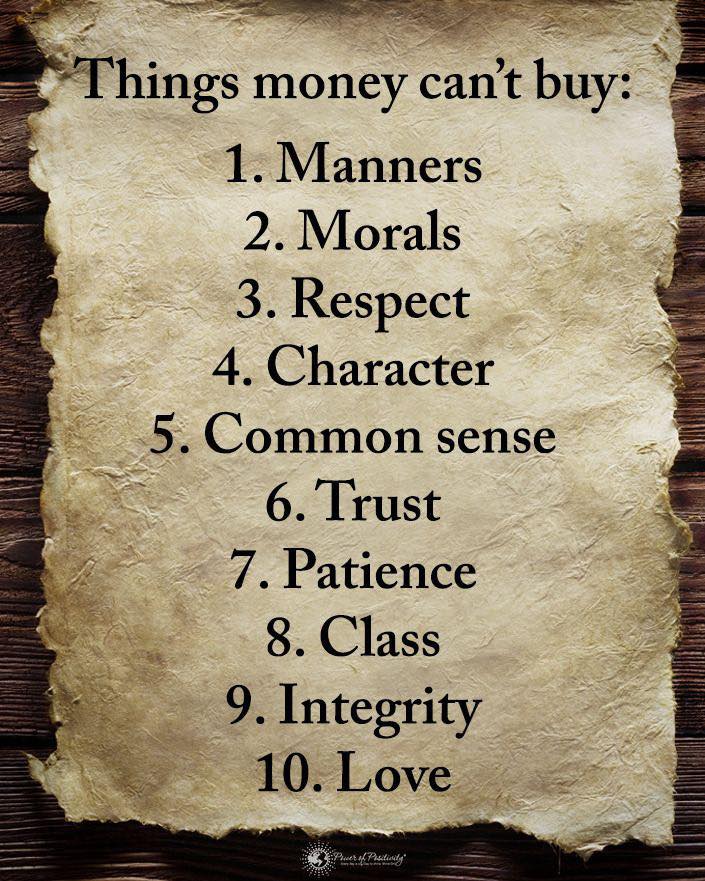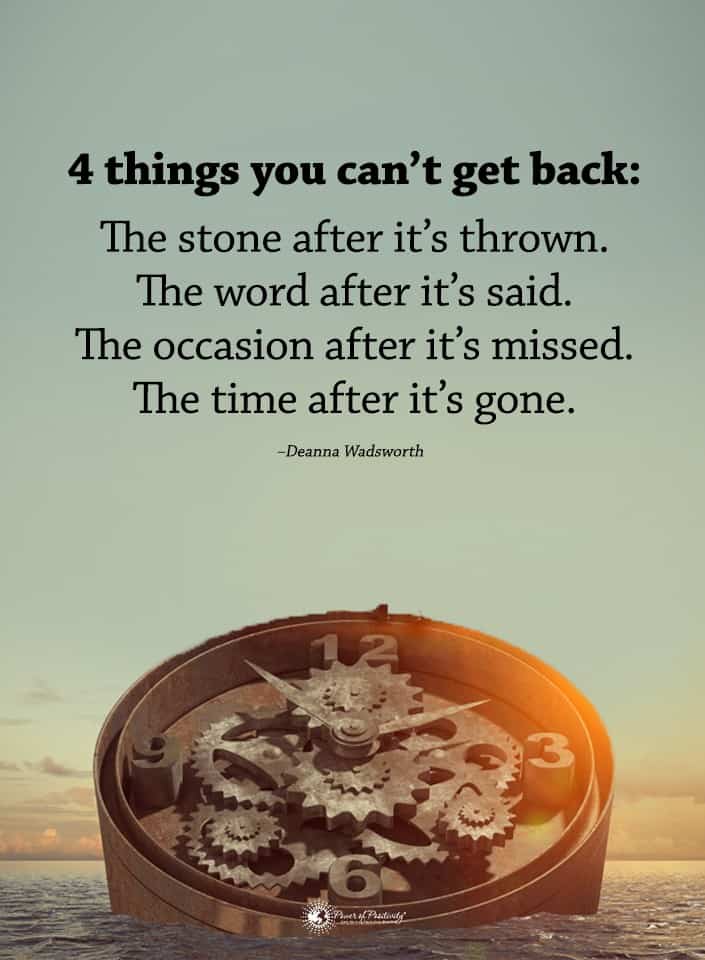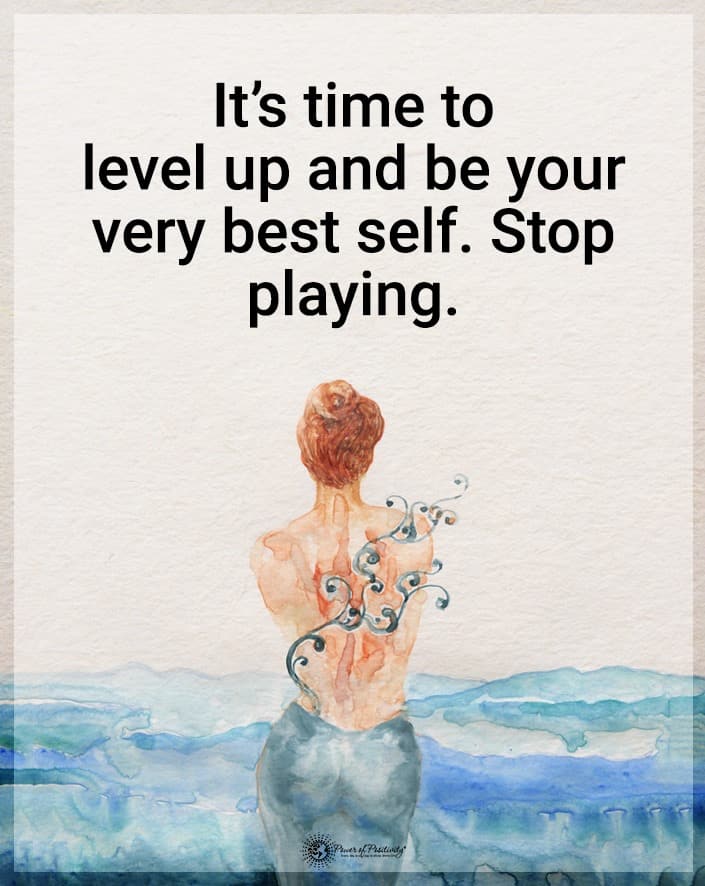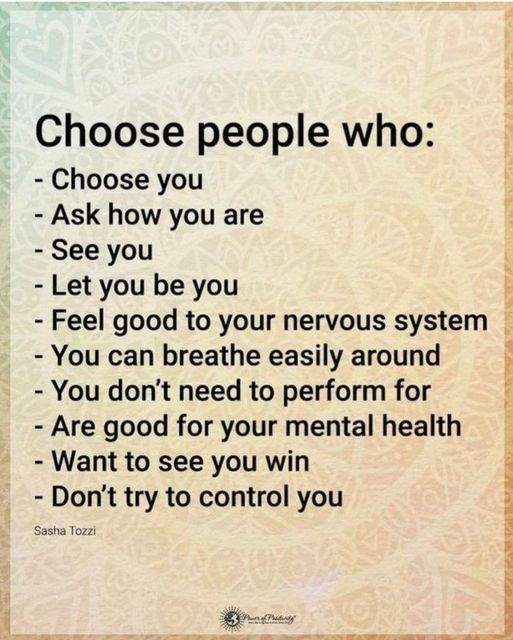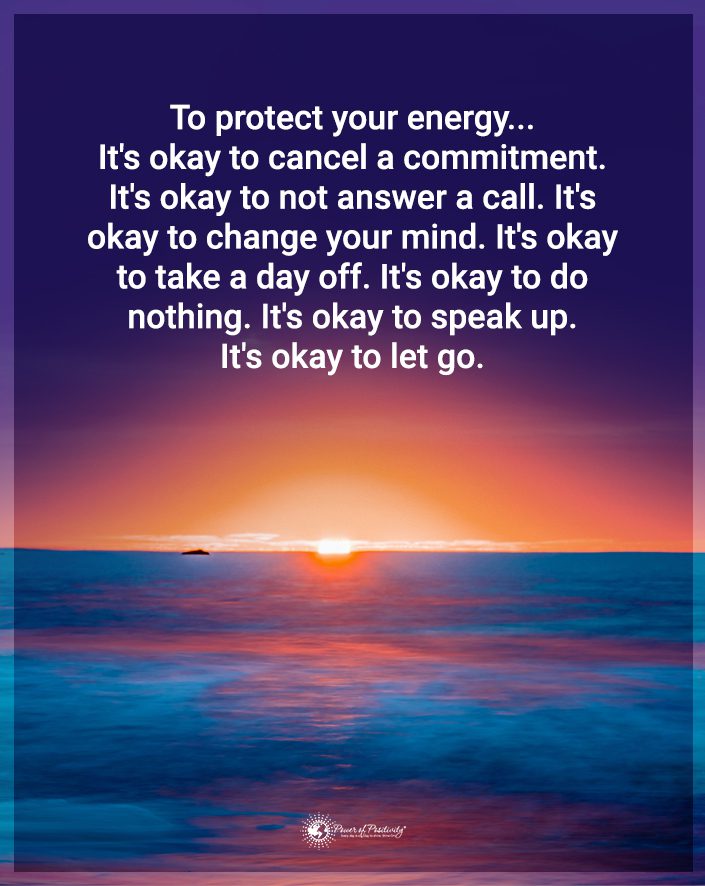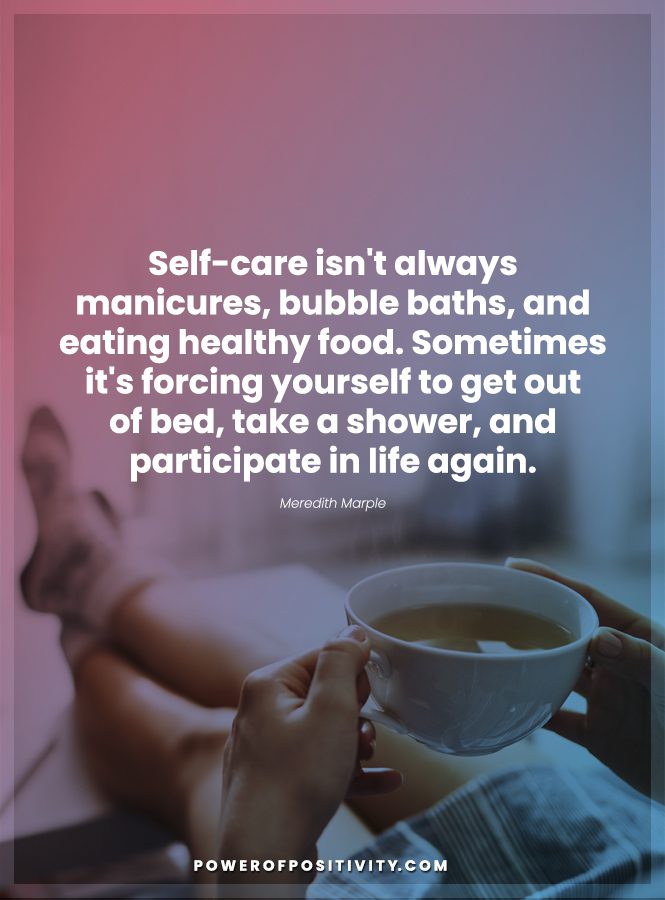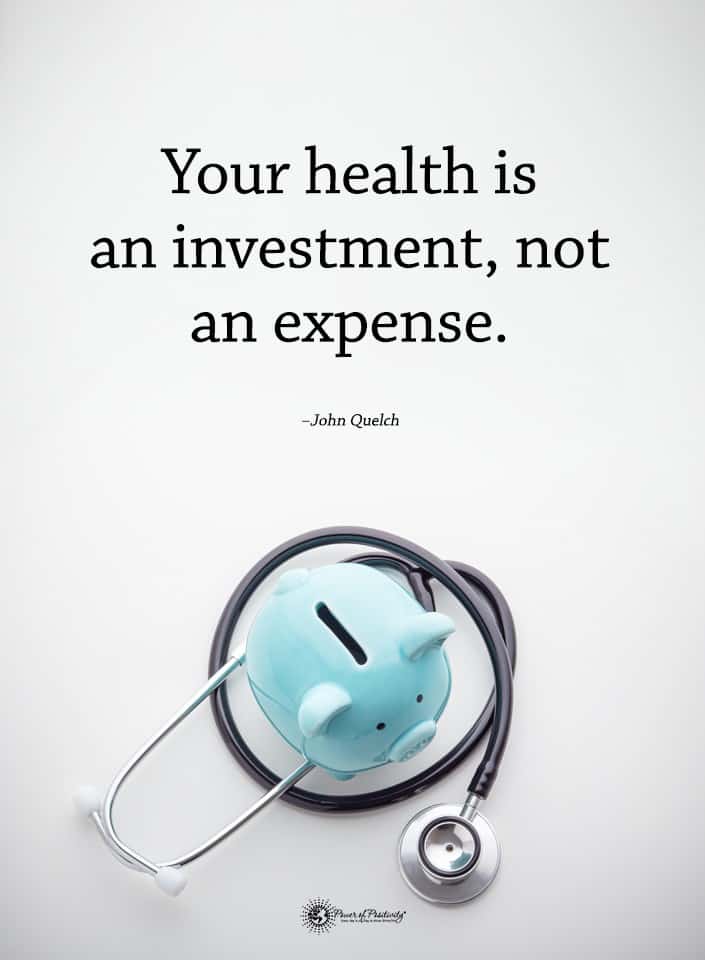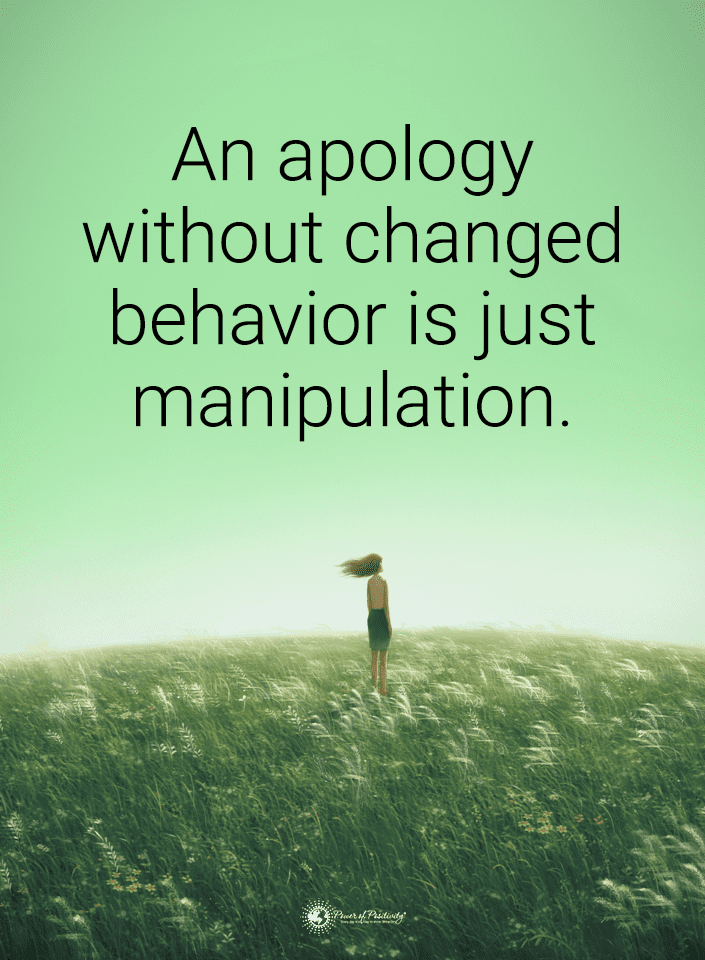Build your bonds by reflecting on these inspiring words.
Relationship experts and philosophers provide inspiring quotes to foster understanding, empathy, and stronger bonds. Relationship quotes can motivate and encourage you to improve your connection with your partner to build a long-lasting romance.
Inspiring quotes provide a different perspective that helps you understand your relationship better despite the stage you’re in. You’ll view things in a new way and be better able to reflect on your behaviors and how they impact your significant other.
These relationship quotes encourage you to be more empathetic toward your partner so you can build and maintain a strong relationship. You’ll likely feel motivated to improve your connection and support one another through everything.
Relationship quotes also encourage positivity and make you want to show appreciation to your partner. You can focus on the positive aspects rather than dwelling on conflict, hardship, and other complicated issues.
Understanding the Power of Words and Relationship Quotes
Words and inspirational quotes are powerful enough to help shape your thoughts and action. They can help you communicate your love and show how much you value someone. However, negative words can destroy your bond, disrupt intimacy, and emotionally push your partner away.
Motivational words and relationship quotes help you speak a language of love and develop a deep connection. It can help balance your relationship and inspire you to be the best version of your authentic self. The impact of inspirational quotes can encourage you and your partner to feel comfortable and secure, encouraging open and honest communication.

Quotes on Empathy and Understanding
These empathy quotes emphasize the importance of being understanding toward your partner. It encourages compassionate communication that makes you feel safe and secure in your relationship.
“When you show deep empathy toward others, their defensive energy goes down, and positive energy replaces it. That’s when you can get more creative in solving problems.” – Stephen Covey
Showing empathy to your partner helps alleviate negativity and find the good in your relationship. You and your partner will have an easier time solving problems together when there isn’t defensiveness and negativity. It promotes compassion and understanding that can improve your connection.
“Love is about bottomless empathy, born out of the heart’s revelation that another person is every bit as real as you are.” – Jonathan Franzen
This quote reminds you that it’s okay if you or your partner makes a mistake. Understanding and empathy will show them that you care for them despite their flaws. It allows you both to let your guard down and be authentic without worrying about judgment.
Quotes on Patience and Forgiveness
Forgiveness and patience quotes help you recognize the importance of understanding and supporting one another. It encourages forgiveness as an act of love that promotes healing, peace, and happiness.
“To forgive is the highest, most beautiful form of love. In return, you will receive untold peace and happiness.” – Robert Muller
Being patient helps you forgive your partner and focus on healing. When you forgive, you can deepen your bond and help one another learn from mistakes.
Your partner will recognize and grow from the issue so you can move forward together. It also promotes trust because you’ll both know you can be honest.
“If we could look into each other’s hearts and understand the unique challenges each of us faces, I think we would treat each other much more gently, with more love, patience, tolerance, and care.” – Marvin J. Ashton
Your parent is unique, so they won’t always do or say what you would. It can sometimes lead to miscommunication or unintentionally hurt feelings.
When that happens, remembering this relationship quote can help you remember that everyone is experiencing challenges. This phrase reminds you to be kind, gentle, and patient despite the situation. You’ll be thankful when the moment passes that you chose positivity and tolerance because it’ll help you form a better connection.
Relationship Quotes on Communication and Honesty
Communication quotes remind you of the importance of honesty and open dialogue with your partner. It helps build trust and understanding no matter the situation.
“Good communication builds better relationships. It doesn’t have to be complicated to be effective. In fact, some of the best bonding moments in a relationship happen just from everyday conversations.” – Unknown
This relationship quote can help strengthen your union and encourage you to work through anything when you and your partner communicate well. You’ll also bond when you focus on open dialogue because you’ll likely learn new things about one another. It helps you gain insight into their thoughts that help deepen your ties.
“Being vulnerable—emotionally open and honest, without your guard up—can be really scary. But being able to communicate openly and honestly with your partner is essential for a strong and healthy relationship.” – Unknown
You might be afraid to open up to your partner, but that mindset can interfere with your relationship. If you want things to be good, you’ll need to communicate with one another about everything. It takes honesty to develop and maintain a strong relationship even when it’s hard.
“With honest communication between you and your partner, it will be easy to remind each other of the reason for falling in love in the first place.” – Unknown
Honest communication is essential for building a better relationship with your partner. It’ll allow you to feel like you’re on the same page rather than wondering what one another thinks. Your conversations will continually remind you of the reasons you love your partner, helping you choose them daily.
Quotes on Love and Affection

Love quotes inspire affection and emotional intimacy to help deepen your connection. They help you put your feelings into words and remind you of your feelings on hard days.
“We fell in love, despite our differences, and once we did, something rare and beautiful was created. For me, love like that has only happened once, and that’s why every minute we spent together has been seared in my memory.” – Nicholas Sparks
You likely won’t fall in love with someone exactly like you. Instead, you fall for someone with unique qualities that can complement your life.
When you find someone like this, you’ll remember all your experiences together. They’ll bring personality and experiences to your life that you wouldn’t have otherwise. Use this relationship quote to remember why you love your partner; it’ll help you push through anything.
“Being deeply loved by someone gives you strength, while loving someone deeply gives you courage.” – Lao Tzu
This relationship quote can help you have a better relationship with your partner because it reminds you of the importance of love. You’ll want to embrace the feelings rather than resist them out of fear. Appreciating love for its joy can give you strength and courage as you bond with your partner.
Quotes on Respect and Equality
Respect quotes serve as a reminder that equality and mutual respect are essential factors in a healthy relationship. They encourage trust, communication, and understanding while promoting a healthy relationship full of happiness.
“A great relationship is about two things: First, appreciating the similarities, and second, respecting the differences.” – Unknown
You should appreciate everything about your partner and build mutual respect. Having similarities is good, but your differences are just as significant. Following this advice allows you to build a better relationship that encourages you to be yourself.
“When both individuals feel respected, they are more likely to communicate openly, trust each other, and work together to overcome challenges.” – Unknown
Respect is necessary for building and maintaining a healthy relationship with your partner and others you care about. It promotes trust, communication, and teamwork as you navigate life and learn to handle things together.
Commitment quotes highlight the importance of relationship fidelity and loyalty. They remind you that lasting romance requires a commitment to one another despite hardship and disagreements.
“Loyalty in a love relationship is all about supporting, being honest about your feelings and thoughts, and being committed to your partner.” – Unknown
Being loyal to a partner means refraining from infidelity, but there is also more to it than that. It also requires supporting them and communicating honestly.
“Love is friendship that has caught fire. It is quiet understanding, mutual confidence, sharing and forgiving. It is loyalty through good and bad times. It settles for less than perfection and makes allowances for human weaknesses.” – Ann Landers
When you’re in love, you should enjoy spending time with your partner and view them as one of your best friends. Work on understanding one another and being respectful throughout every experience to emphasize your loyalty. It can help strengthen your relationship and ensure it continues to be fulfilling.
Quotes on Growth and Adaptability
Growth quotes encourage adaptability and relationship evolution, leading to stability and satisfaction. When you’re willing to grow and adapt together, you can nurture your connection and have a better relationship.
“Our relationships are our mirrors; they reflect where we are in consciousness. And if we are able to face the truth about ourselves, our relationships offer the lessons that lead to our greatest transformation.” – Susan L. Taylor
In a loving relationship, you’ll recognize things about yourself that you want to improve. You’ll also experience shifts in your romance that require adaptability. Prioritizing growth during these times can make a difference in maintaining a meaningful bond.
“Love is growth, love is compassion, love is evolution, love is a lesson, love is allowing, love is granting life to be.” – Priya Kumar
When you love someone, you’ll want to grow with them, be kind, and learn together. You’ll allow one another to be authentic while enjoying life as a couple.
Final Thoughts on Reading These Uplifting Relationship Quotes
These inspiring quotes for better relationships can help you build stronger bonds. You’ll want to focus on understanding, empathy, and patience to maintain a healthy connection.
Reflect on these relationship quotes and use the insights to improve your connection with your partner. Using wisdom from experts and philosophers can also help boost your experiences with those around you.

